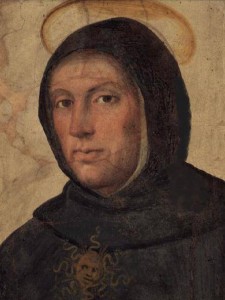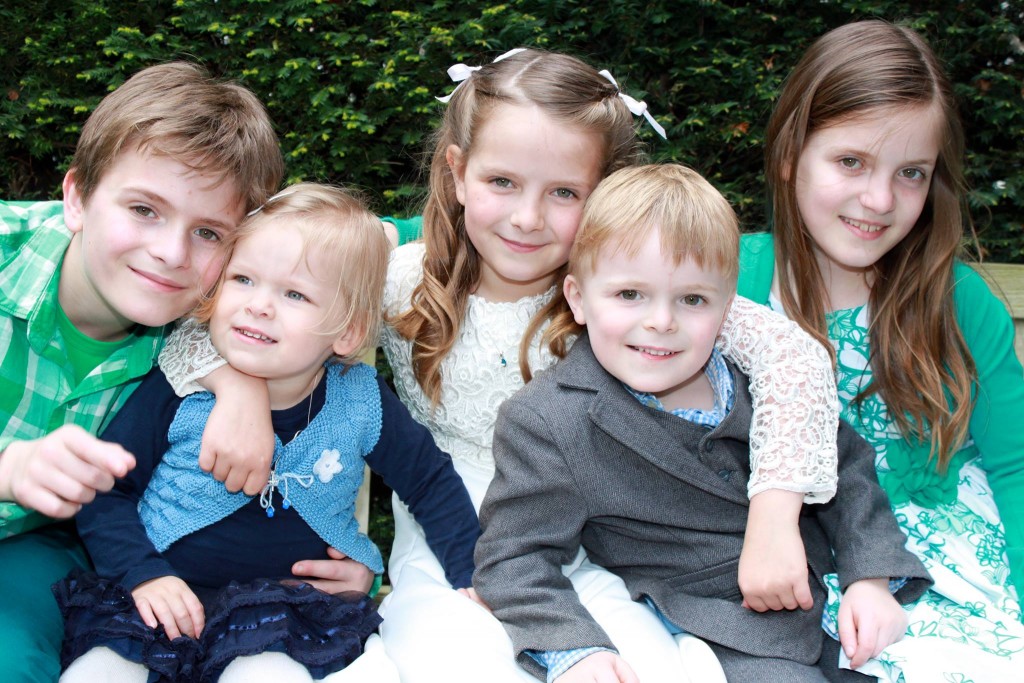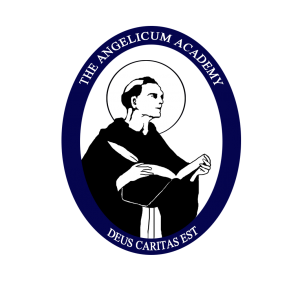
The Angelicum Academy is a Catholic homeschool and liberal education program based on the liberal arts and the classical great books of Western civilization (as well as online Socratic discussions).
The study of books containing occasional errors should not overly concern parents because, to quote from Christian Education of Youth by Pope Pius XI, when truly Catholic schools are . . .
“. . . in harmony with the Church and the Christian family, the various branches of secular learning will not enter into conflict with religious instruction to the manifest detriment of education. And if, when occasion arises, it be deemed necessary to have students read authors propounding false doctrine, for the purpose of refuting it, this will be done after due preparation and with such an antidote of sound doctrine, that it will not only do no harm, but will be an aid to the Christian formation of youth.” – Pope Pius XI

St. Thomas Aquinas
Put another way, the study of truth and error, side by side, serves only to reinforce in the student the ability to be properly formed by the truth. The “due preparation” needed for this endeavor is provided by the Angelicum Academy in the primary years in the study of the liberal arts (the learning arts). To this are added both the Good and Great Books Programs, together with the optional, online Socratic discussion groups moderated by Catholic tutors trained for this purpose. By the time the curriculum gradually reaches the modern errors, the student is well into the high school years, and has been duly prepared to juxtapose truth and error.
In addition to offering all the services available, the Angelicum also provides a religious curriculum that is faithful to the Magisterium of the Catholic Church and mindful of the teachings of Saint Thomas Aquinas. The Angelicum’s attentiveness to Saint Thomas’ theology is reflected in its name (The Angelicum Academy), which is taken from the informal title of the Dominican University of Saint Thomas Aquinas in Rome.
With the advent of The Angelicum Academy, homeschools and private schools at all grade levels now have: a classical curriculum, founded upon fidelity to the Church, teaching the liberal arts of learning, and reading and discussing the greatest books of Western civilization. Faith is thereby enabled to seek understanding, of what we must be and what we must do here below, in order to attain the sublime end for which we were created.

Angelicum Students – the Suijkerbuijk family from the Netherlands
HOMESCHOOLING. After the millennial Catholic tradition of homeschooling prior to the mid-1800’s (and even until the early mid 1900’s) it remained the favored educational method for families of diplomats, military and mariners, often on the move or in remote locales, through the 1970s. The widespread publicity given to academic and disciplinary problems in schools beginning in the 1980’s prompted a groundswell of parental demand for homeschooling curricula. Skyrocketing school violence and drug use in the 1990’s, even in parochial schools, greatly increased the number of homeschooled students. Estimates place the number of homeschooled students in the U.S. at over 2 million (including well over 100,000 Catholics). Study after study has concluded that homeschooled students outperform publicly-schooled students by wide margins, in every academic category, and even in “socialization” skills. In the early 1990’s homeschooling was often adopted by parents reacting negatively to problems in the schools and in society at large.
Beyond the absence of the problems associated with both public and parochial schooling, little was expected of homeschool curricula except the elementary basics – the 3 R’ s (reading, ‘riting and ‘rithmetic). As one author noted: “The aim of state education has been (historically) to prevent people from discovering the classics are worth reading. In this endeavor it has been almost wholly successful.” As the homeschooling movement has grown and become mainstream, more parents are searching for better curricula for their children. Increasingly, Catholic parents are asking what the specific goals of education are, and what are the best means of attaining those goals. In our view, this is an inevitable and entirely positive shift. It is the growing movement towards the approach that addressed and answered those questions in the past – classical education. The Church Fathers who wrote on the matter all supported classical education of Catholic youth It is noteworthy that classical, Athenian education (“paideia”) began with seven years of homeschooling.

